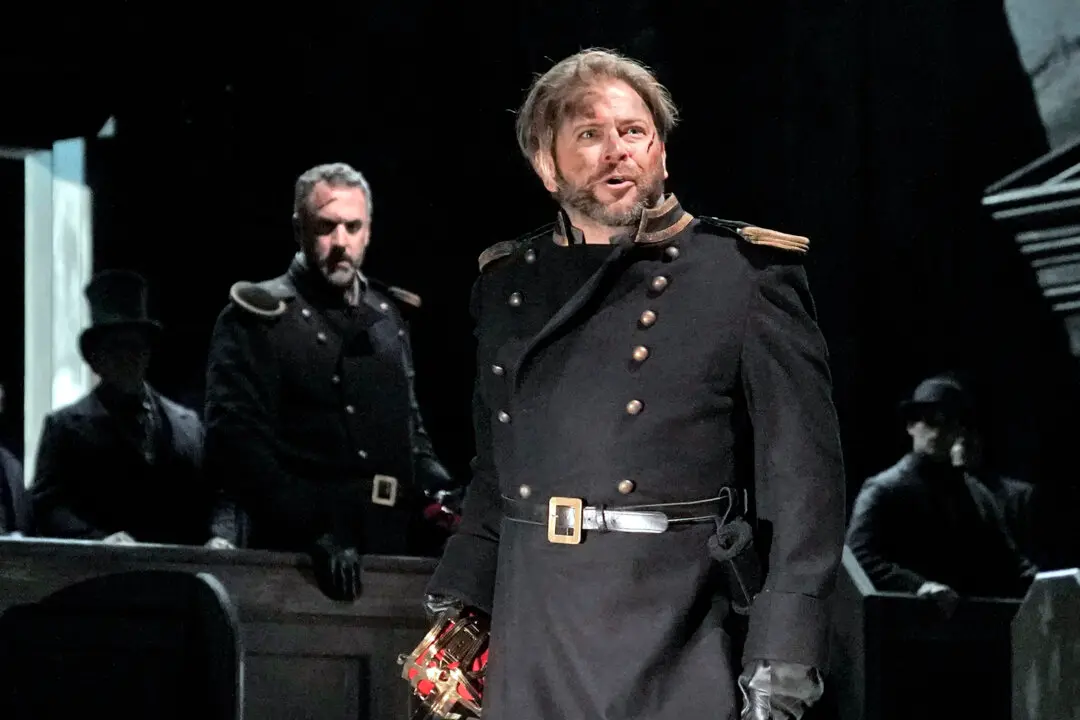Commentary
If you’re reading this, it’s probably because you value The Epoch Times’s commitment to truth and tradition. It’s almost as hard today to find reliable, honest news sources as it is to find decent entertainment. Thankfully, just as The Epoch Times offers an alternative to the mainstream media for truth-seekers, movies made during Hollywood’s Golden Era remain a refreshing source of clean, inspiring entertainment, which offers uplifting life lessons as well as diversion.





